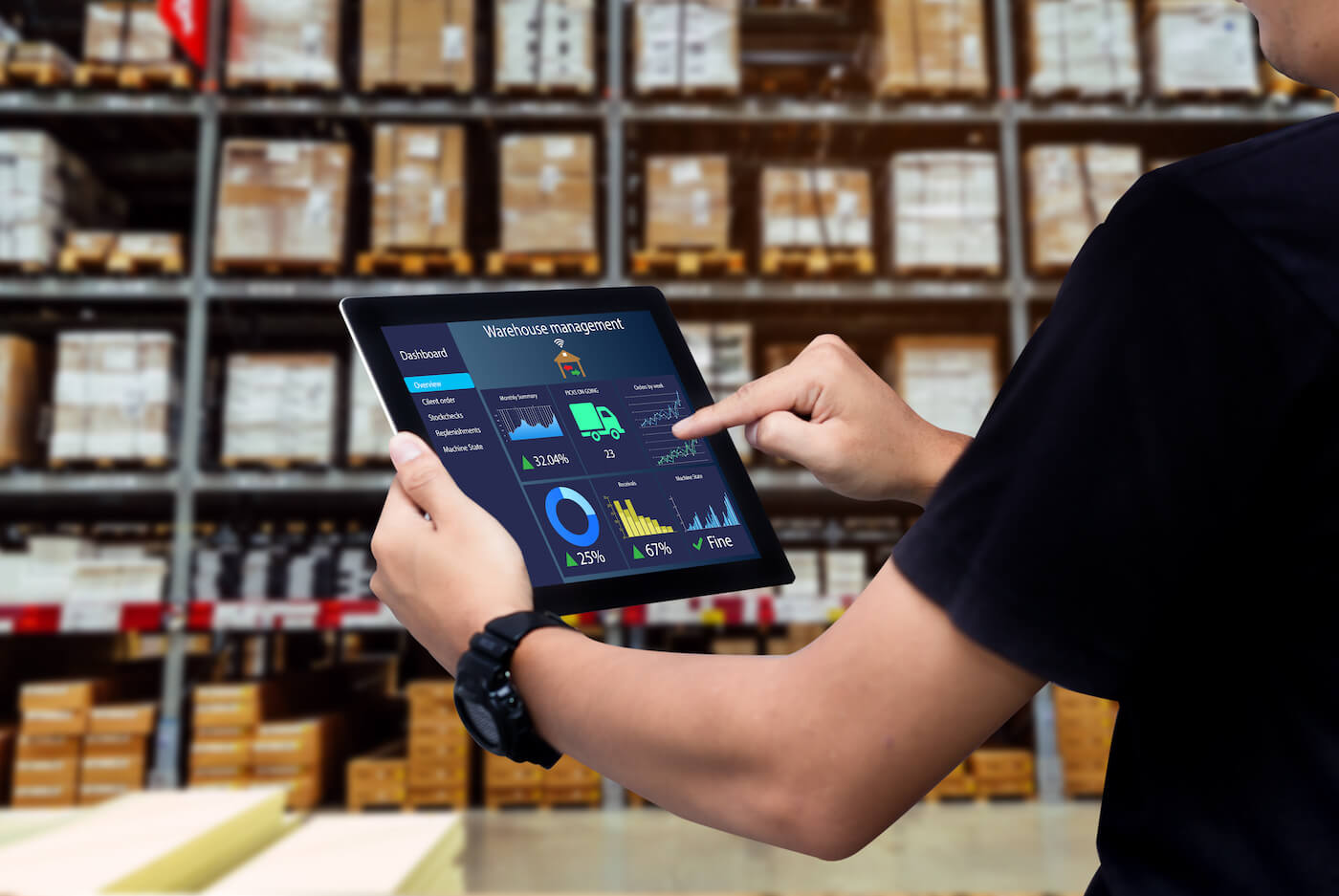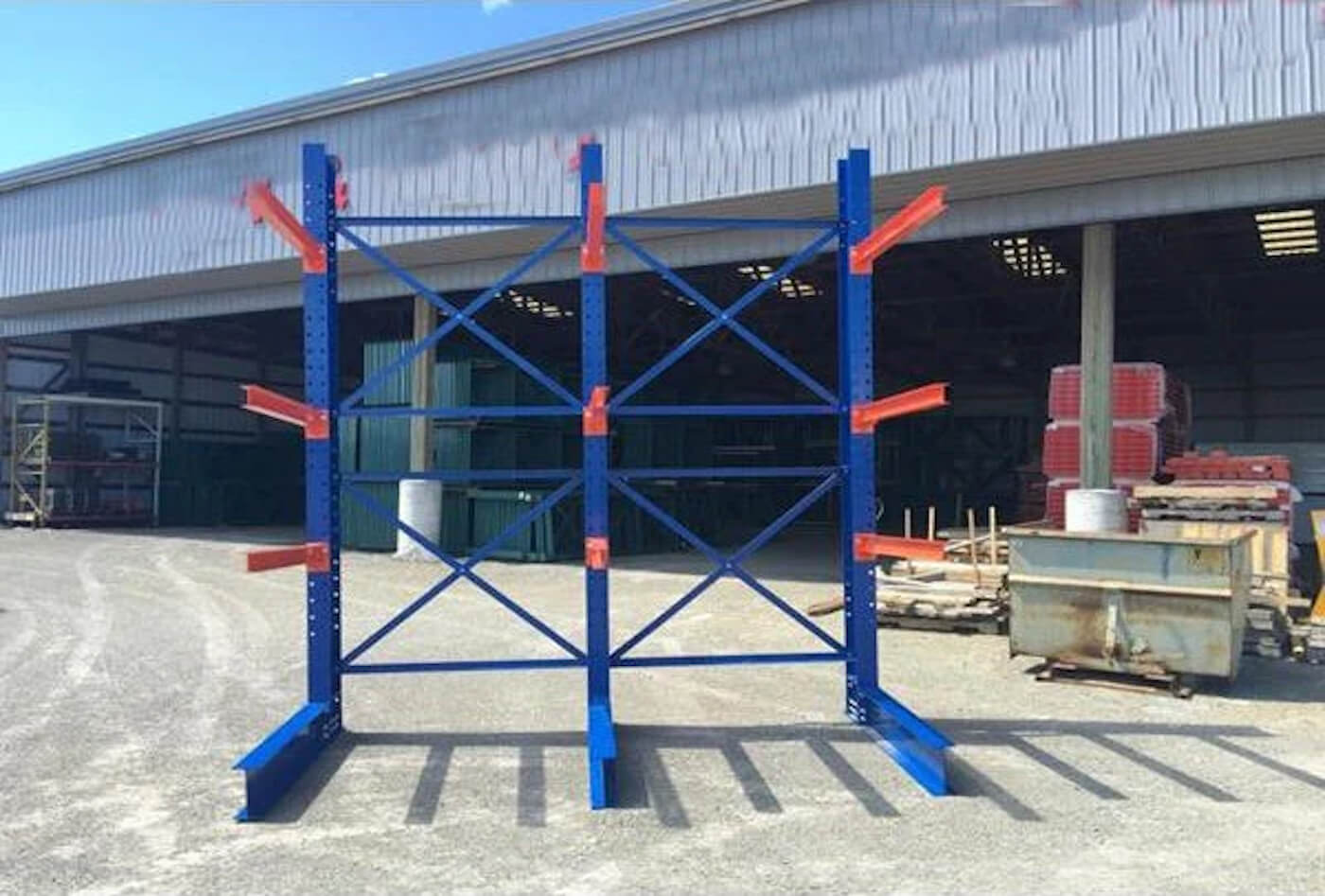An efficient and well-designed Warehouse Management System (WMS) is essential to running a successful e-commerce warehouse, retailer, distribution center, or fulfillment facility. Choosing the right WMS will not only ensure a more efficient inventory management process, but it will also make scaling up your business much easier. In this article, we will discuss what to consider when choosing a Warehouse Management System for your business.
What is a Warehouse Management System?
A Warehouse Management System (WMS) is a software solution that offers real-time visibility into the warehouse’s entire inventory and keeps track of products in different stages of the fulfillment process. A WMS is a powerful tool that allows companies to improve efficiency by optimizing essential functions such as resource usage, maximizing labor, and available space.
A WMS can offer detailed insight into supply operations, inventory movement, and picking processes, and can be used to detect errors in the fulfillment process. There are many different WMSs on the market with different functionalities and features ranging from intelligent labor management to automating financial procedures. Selecting the right WMS will require you to analyze your business and the environment in which the software will be used.
How to Choose the Right Warehouse Management System
-
Identify Your Business Needs
The first step in choosing a WMS should be to find out what business problems you’re trying to solve. What are the reasons why you would like to get a WMS? Perhaps you’d like to improve order accuracy or optimize labor scheduling. Or you may be looking to update a system that isn’t working for the current stage of your business. Your answers to this question should be forefront when considering different WMS options.
-
Know Your Requirements
Once you identify your business needs, you can begin to create a list of requirements that you expect from a WMS. There are many different features offered by WMSs; some may be relevant to your business while others may incur unnecessary expenses. Make sure to note down the cost of these requirements when comparing different providers. This will allow you to calculate your return on investment for a WMS.
-
Talk to Your Employees
You may have the final say when it comes to implementing a new system, but make sure to check in with different leaders in your organization. Talking to your employees will allow you to identify any pain points and problems you may be able to solve with a new WMS. Once you implement a WMS, there will be different responsibilities that your team will have to take on. Understanding how a WMS may affect their workload and how it may change their tasks is a good conversation to have before implementing a new system.
-
Is the WMS a Good Fit for Your Industry
When speaking with different WMS vendors, make sure to ask about their industry experience. If they’ve worked with similar businesses, that is usually a good sign that they may be a good fit for you. Asking about industry experience will also give the vendor the opportunity to tell you how their software will fit your business better than others.
-
Determine Other Technologies That May Be Needed
A WMS may require you to purchase additional warehouse technologies and equipment. For example, you may need to get barcode scanners to port data into the software or create workstations for data entry. You also need to create backups for the data that is stored within the WMS. Make sure to assess all of your technological needs before committing to a system.
-
Assess the Training Requirements
Implementing a new system will require proper training. Make sure to create training procedures to educate all employees who will be using the system. When considering different WMSs look into the training and tech support they offer, as well as their user interface.
-
Understand the Reporting Capabilities
Evaluate a WMS for its reporting capabilities and ensure that these reports match your needs. The value of the data collected lies in your ability to use it to make business decisions and optimize processes. The business intelligence solution of a WMS is an important feature that can produce regular reports and identify errors and problems quickly.
The Importance of Choosing The Right Warehouse Management System
A Warehouse Management System can make a huge difference in a business's bottom line. Selecting the right system is one of the key business decisions you can make that will improve efficiency and help you get more out of your current space and resources. A good WMS will also be able to grow with your business. So it’s important for you to consider your current and future challenges when selecting a WMS. Read our comparison of the top Warehouse Management Systems for more information on different vendors and the products they offer.




